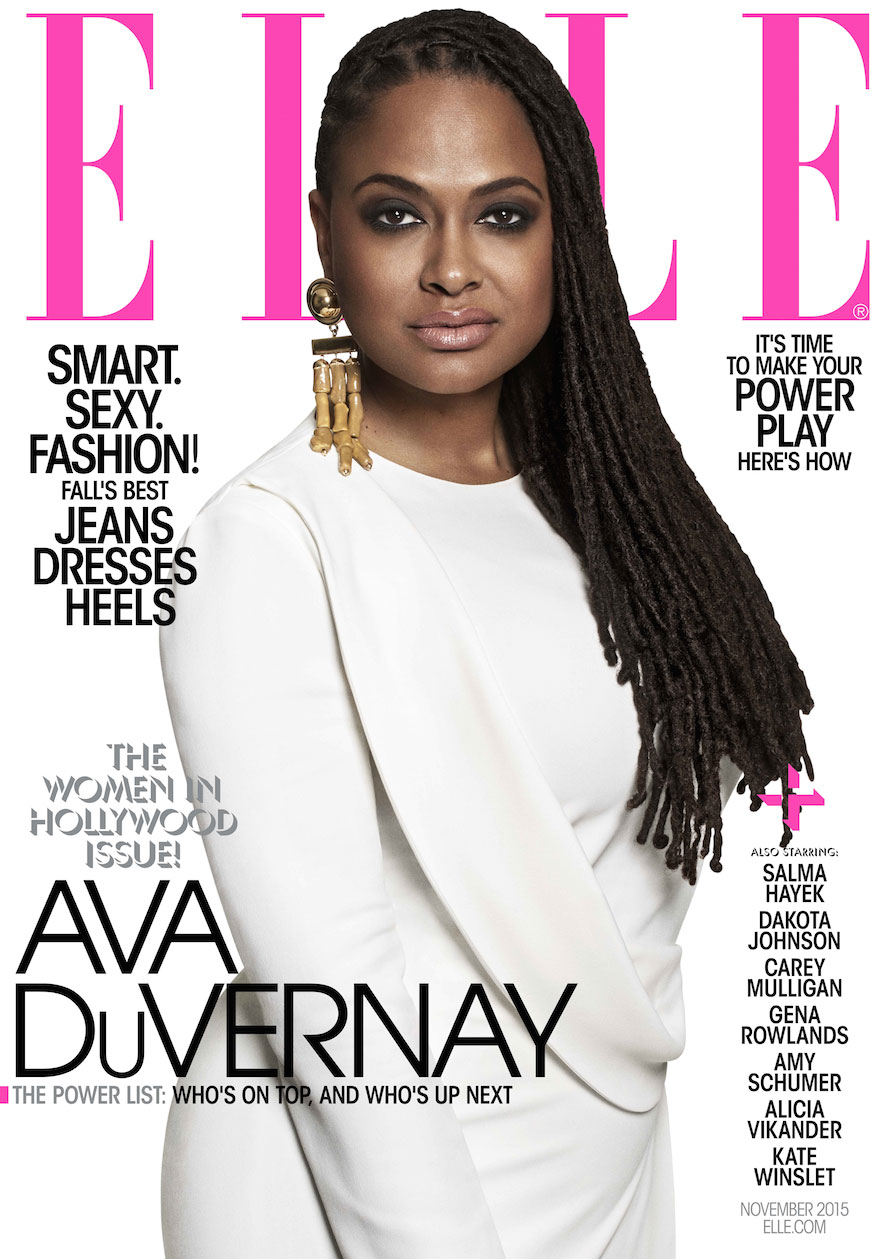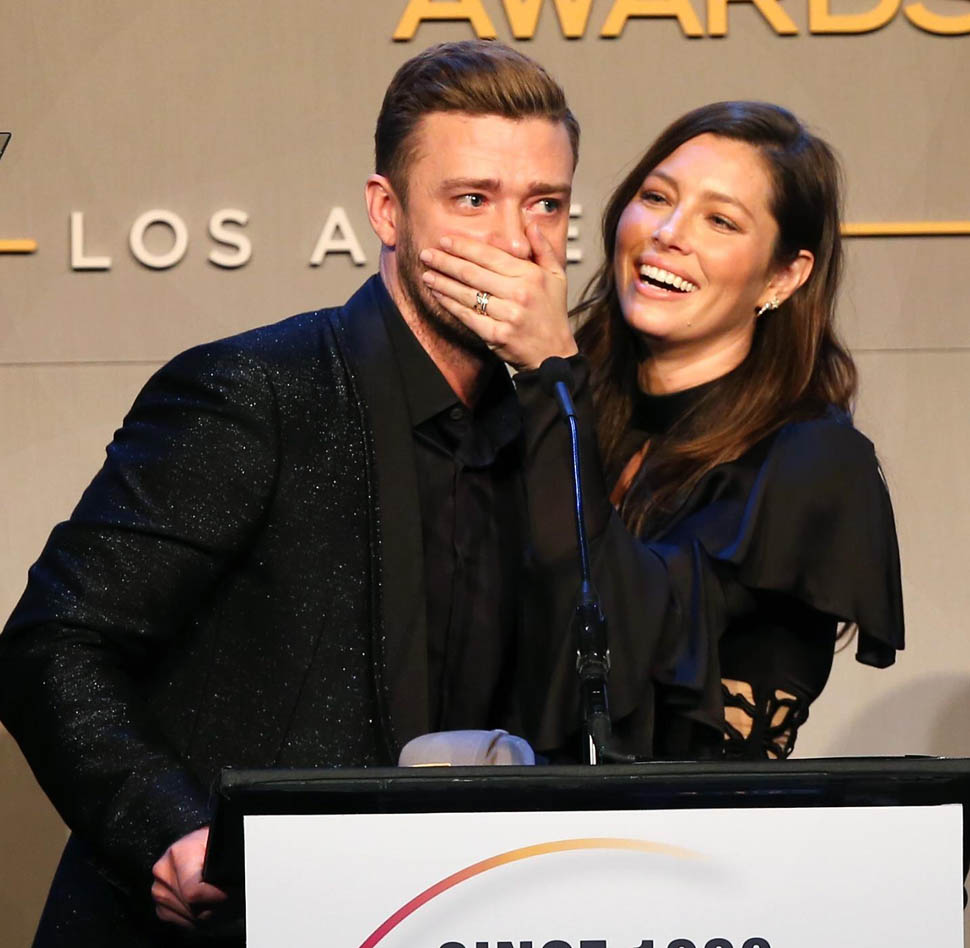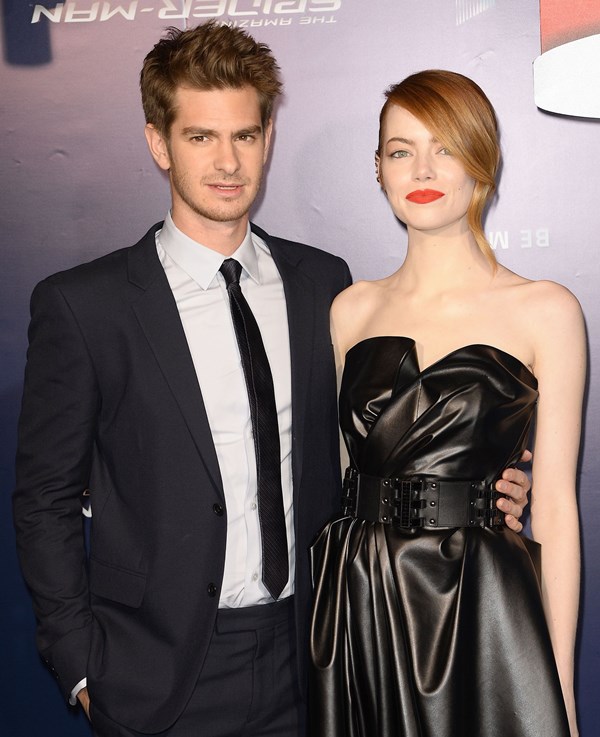Ava DuVernay like a BOSS



Ava DuVernay was honored this year as part of Elle’s annual Women In Hollywood awards, and she gave an AMAZING speech at their awards dinner. The whole thing is well worth a read, but there are a couple highlights that tie into some of the particular issues surrounding diversity in Hollywood that we’ve talked about recently. She also said something really lovely about creating a culture of support among women: “I invite us to think of this room as a village, one that fights for change on the outside… Because our conversation shouldn’t be consumed with what he’s not doing or what they don’t value. We value us. […]We focus on her—the woman sitting right next to you. We focus on us. It’s equally as important.” I LOVE this, especially because there is a successful female filmmaker who has zero interest in promoting the interests of other women in the industry. But Ava DuVernay is using her platform to promote others. Ava DuVernay is a boss.
She also talks about the unequal opportunities presented to male and female filmmakers. She relays an anecdote about a male filmmaker with whom she did the festival rounds in 2012. They both directed films that screened at Sundance, they both went on to be nominated for Independent Spirit Awards—DuVernay actually won the John Cassavetes Award that year. And they both lined up major projects following their indie success. DuVernay went on to direct Selma with a budget of $20 million. The other guy is Colin Trevorrow, who got handed the keys to the franchise kingdom with Jurassic World ($150 million budget).
“Great guy, Colin Trevorrow. Now after Jurassic World he’ll go on and do Star Wars. And I’m happy for him. But I think about the women who are also in that class of Sundance 2012 who weren’t one of the two women last year who directed a top 100 grossing film. I was one of two. That’s a sad statistic to me. […] It brings me no joy to think of all the women that were in that Sundance class with me, that did equal work to me, but that were left not behind but left in a stagnant place. It’s something we have to change.”
Last week Anthony Mackie said race shouldn’t be a factor when hiring a director, that merit should be the only determining factor. And I said in a perfect world it would be, but in this world, female and minority filmmakers don’t get the same chances as white dudes do, and here is Ava DuVernay addressing that very topic. We often get to see the shortlists for major franchise films because they leak during the hiring process, and how often is a woman or non-white filmmaker on that list? Not often. Like, almost never. And as DuVernay points out, it’s not because Hollywood is lacking in talented female directors. They’re out there, they’re just not being invited to the same party as the Colin Trevorrows of the world.
She also talks about what the women IN FRONT of the camera can do to support women working behind the camera: “We have to ask our agents about that script by the woman screenwriter. We have to ask, ‘Hey, are there any women agents here that I could talk to?’ We have to ask our lawyers about women in the office. We have to ask when we’re thinking about directors or DPs, Will women interview? This is something that the powerful women who are in front of the camera can do for all of us.”
Jeremy “Not My Job” Renner abdicated any involvement with the issue of fair wages because he’s just an actor—not actually true, as he does own a production company—and it’s not his lookout to make sure the movies he’s involved with are equitable. But here is DuVernay pointing out that there IS more that can be done, and it can be done by the actresses with clout—the Reeses, Sandras, and Cates. Diversity is a commitment, and it’s going to take effort from everyone to affect real change. Or, as DuVernay says, “We build our village. We grow stronger.”

